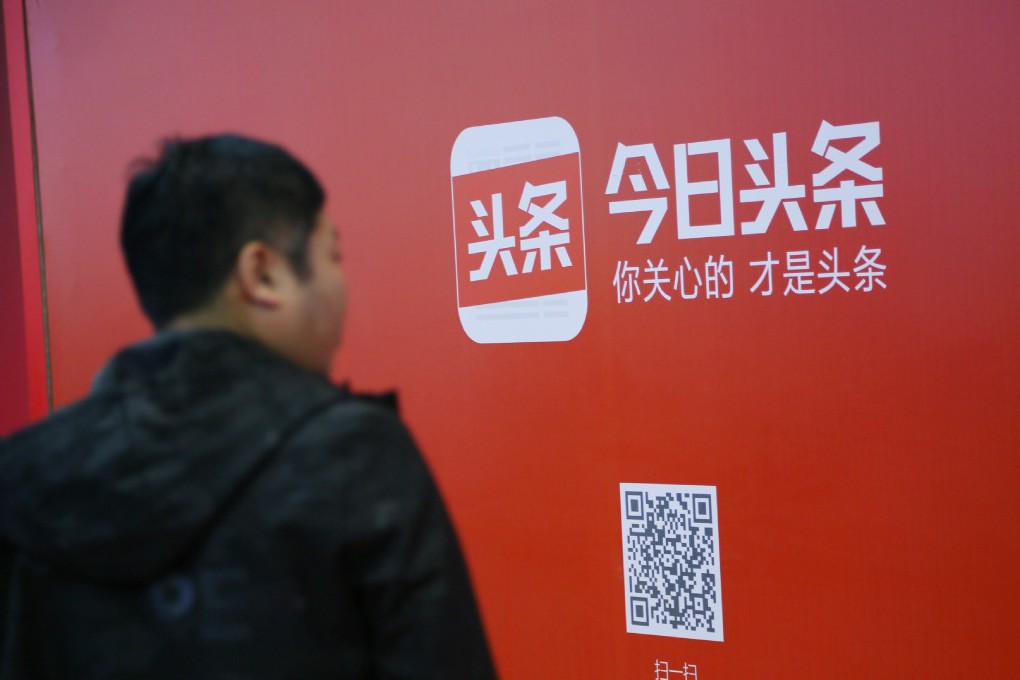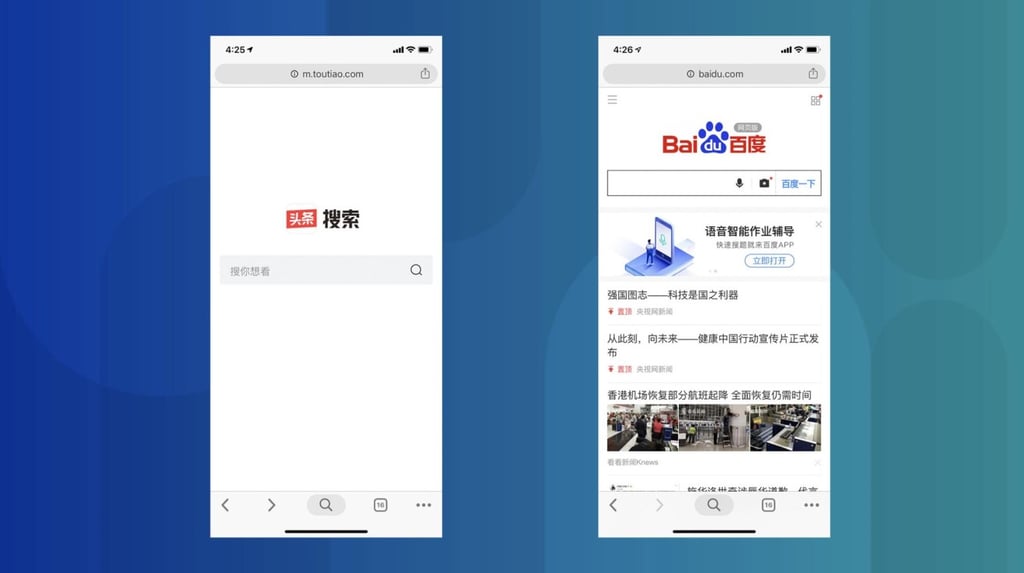TikTok's creator has a search engine, but the real challenge isn't Baidu
ByteDance's Toutiao Search takes on Baidu, but online content in China is increasingly siloed in different apps, making general search engines much less useful

Baidu has been China’s king of search since Google pulled out of the country in 2010. Now it’s facing a new challenger, TikTok creator ByteDance, which unveiled a new search engine on Monday.
But the challenge for ByteDance might not be Baidu. A bigger problem might be that people in China don’t seem to care that much about online search at all.
Meet Baidu, China’s homegrown search engine
China’s viral king ByteDance is the first major Chinese tech player that made a mark on the world

Things are quite different in China, where users are much less likely to rely on search.
WeChat, for example, has become a primary news source for internet users in China, just as Facebook has outside China. But the massive amount of content produced by the more than 10 million content creators on the platform is inaccessible through search engines. The articles only exist on WeChat.